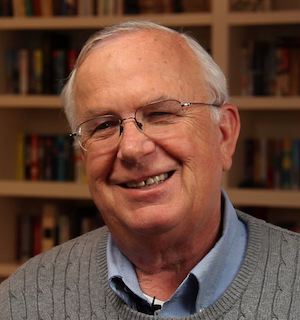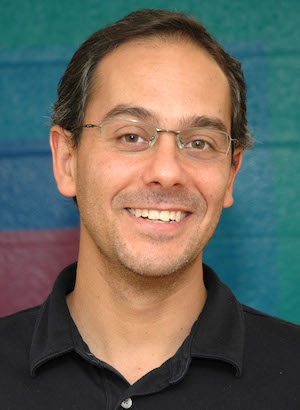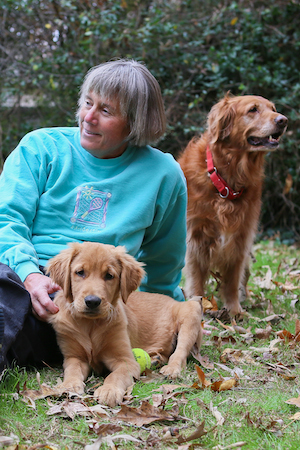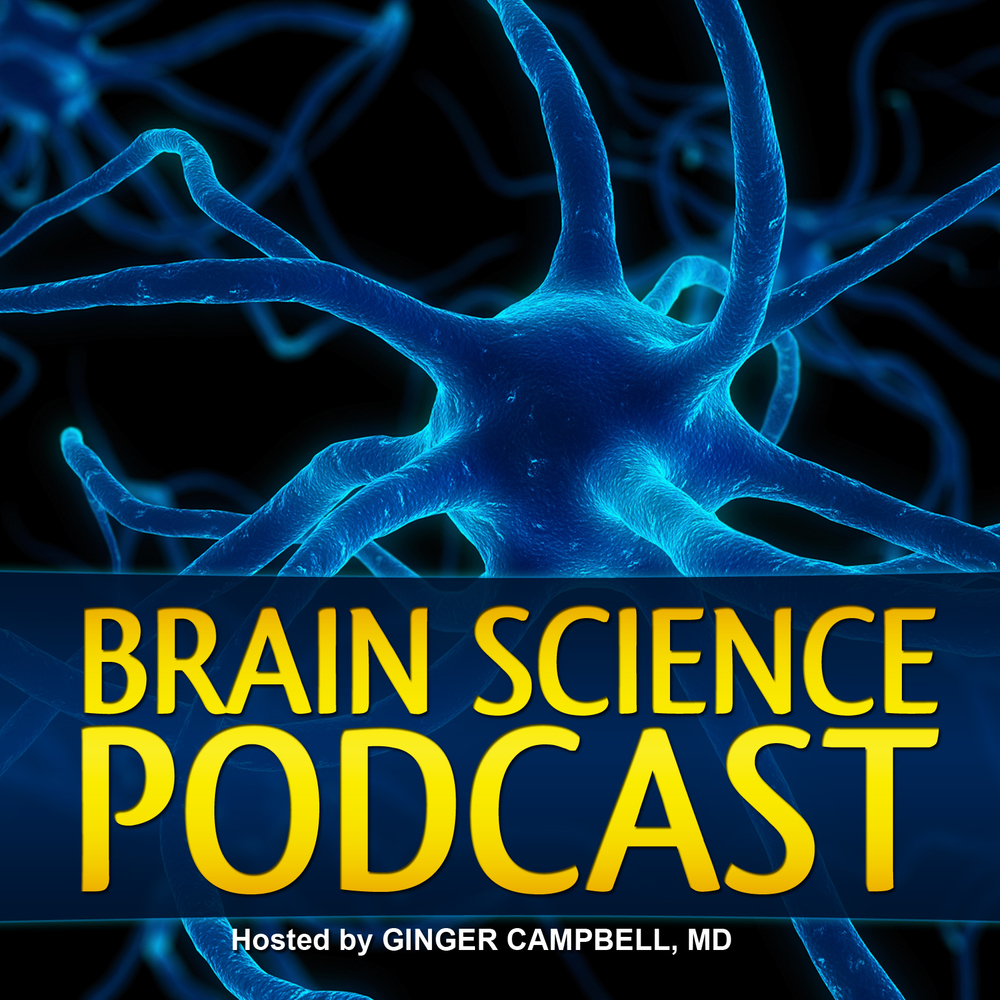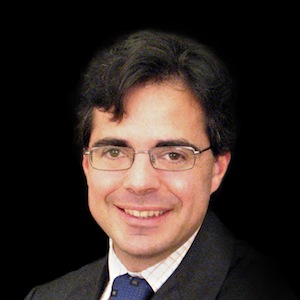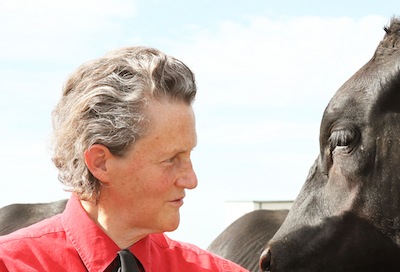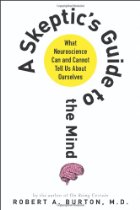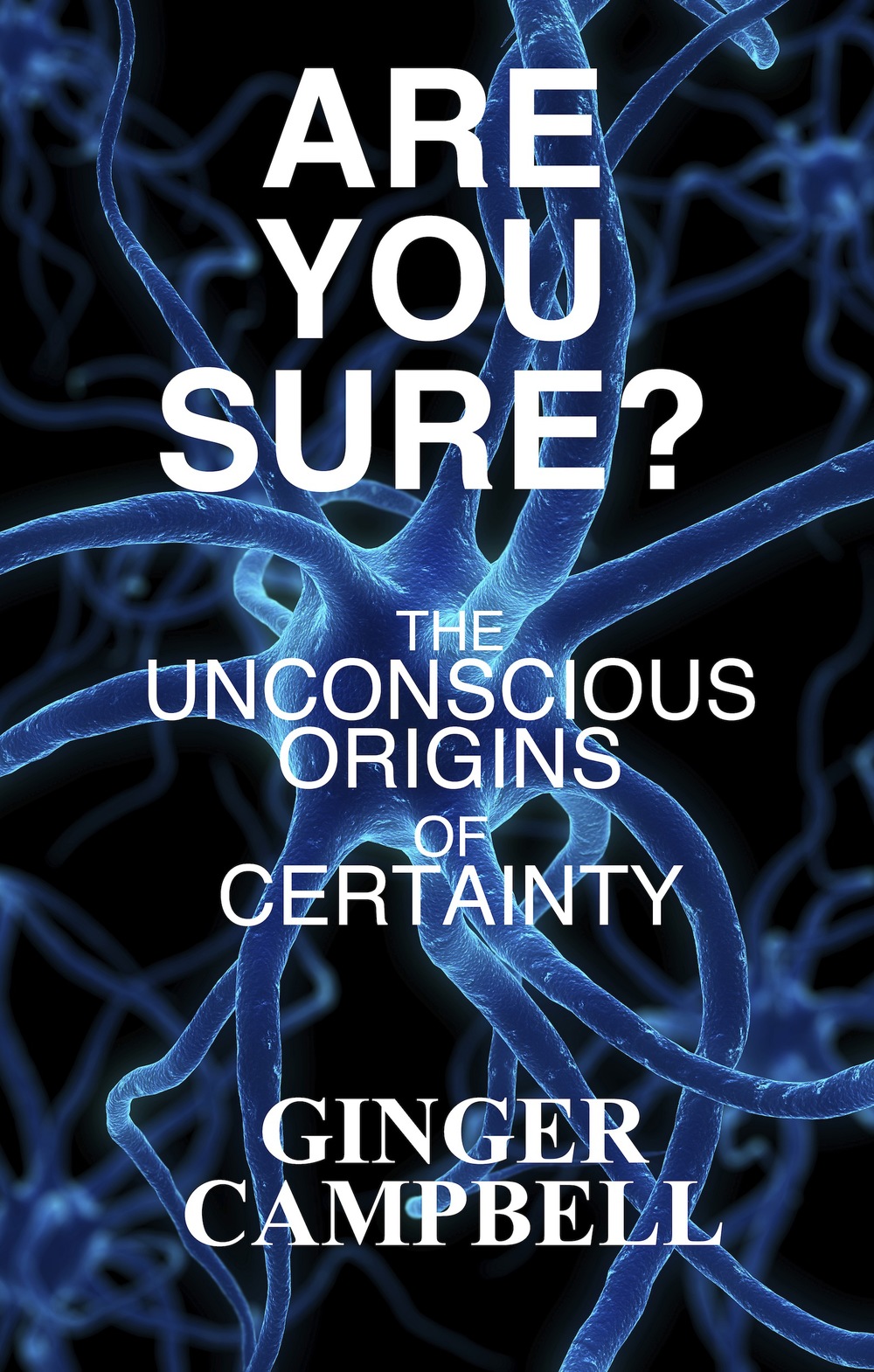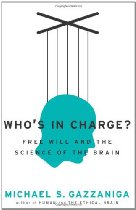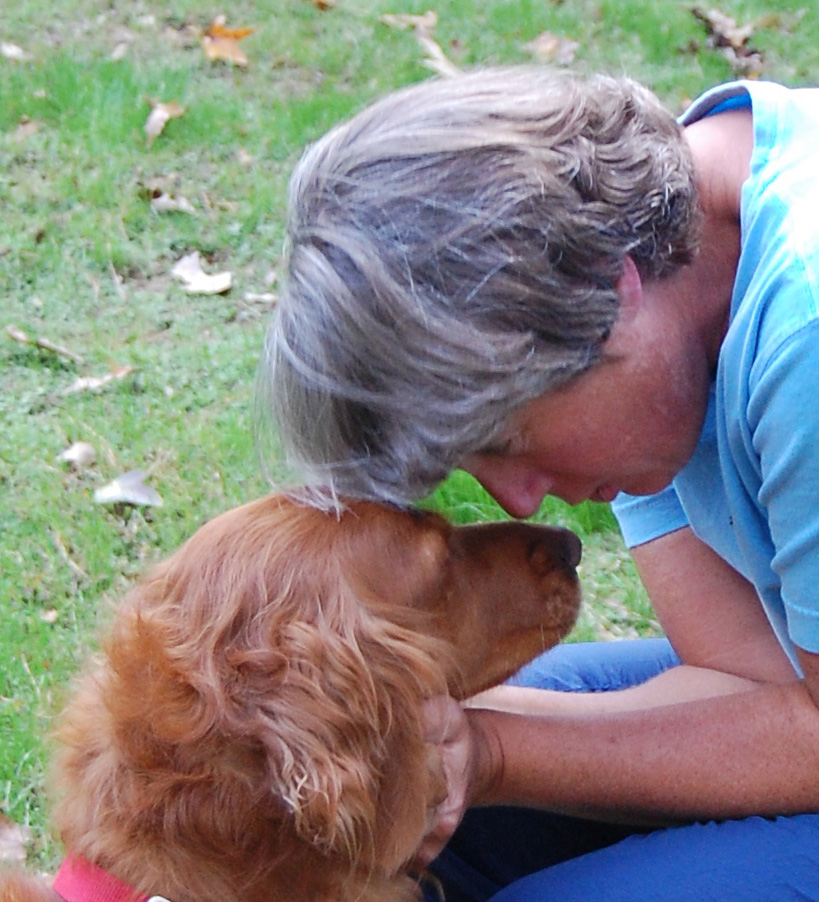 Olaf Sporns, PhDNetworks of the Brain by Olaf Sporns is an excellent comprehensive introduction to the use of Network Theory to study both the brain and the nervous systems of invertebrates. In Episode 74 of the Brain Science Podcast I interviewed Dr. Sporns (Indiana University) about some of the key ideas in his book. Network Theory is becoming increasingly important as a tool for dealing with the massive amaounts of data being generated by current techniques, such as brain imaging. It is also a valuable tool with dealing with the fact that nervous systems consist of multiple scales (from the molecular level up to billions of neurons), which can not be reduced to a single scale.
Olaf Sporns, PhDNetworks of the Brain by Olaf Sporns is an excellent comprehensive introduction to the use of Network Theory to study both the brain and the nervous systems of invertebrates. In Episode 74 of the Brain Science Podcast I interviewed Dr. Sporns (Indiana University) about some of the key ideas in his book. Network Theory is becoming increasingly important as a tool for dealing with the massive amaounts of data being generated by current techniques, such as brain imaging. It is also a valuable tool with dealing with the fact that nervous systems consist of multiple scales (from the molecular level up to billions of neurons), which can not be reduced to a single scale.
While Networks of the Brain will be of greatest interest to those working in neuroscience and to those with a background in fields like engineering, mathematics, and computer science, this interview provides an introduction for listeners of all backgrounds.
 Listen to Episode 74
Listen to Episode 74
Click here for detailed show notes including a free episode transcript.
Subscribe to the Brain Science Podcast: 



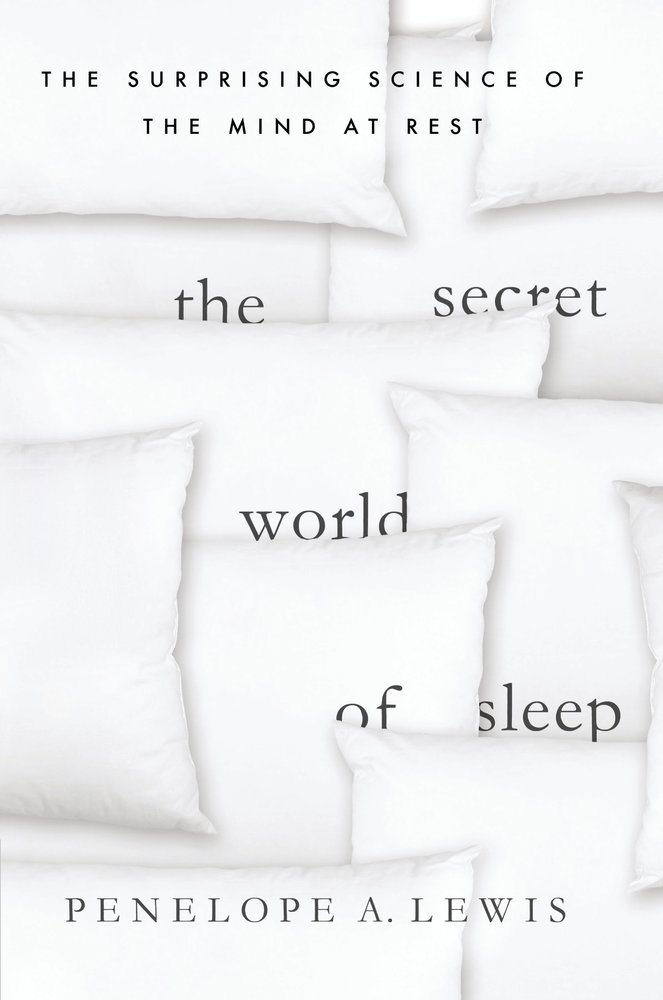 The latest episode of the Brain Science Podcast (BSP 107) is an interview with Dr. Penelope Lewis, author of The Secret World of Sleep: The Surprising Science of the Mind at Rest.
The latest episode of the Brain Science Podcast (BSP 107) is an interview with Dr. Penelope Lewis, author of The Secret World of Sleep: The Surprising Science of the Mind at Rest.



